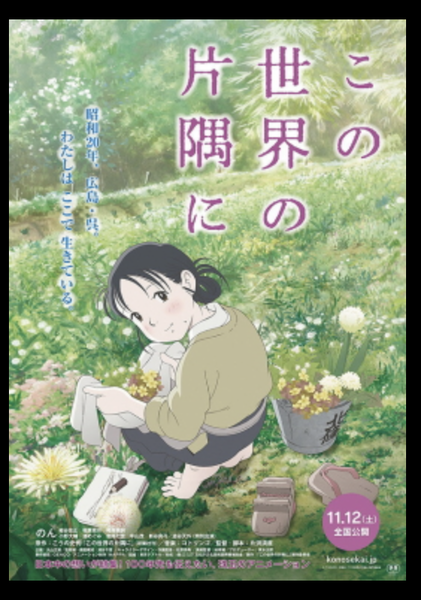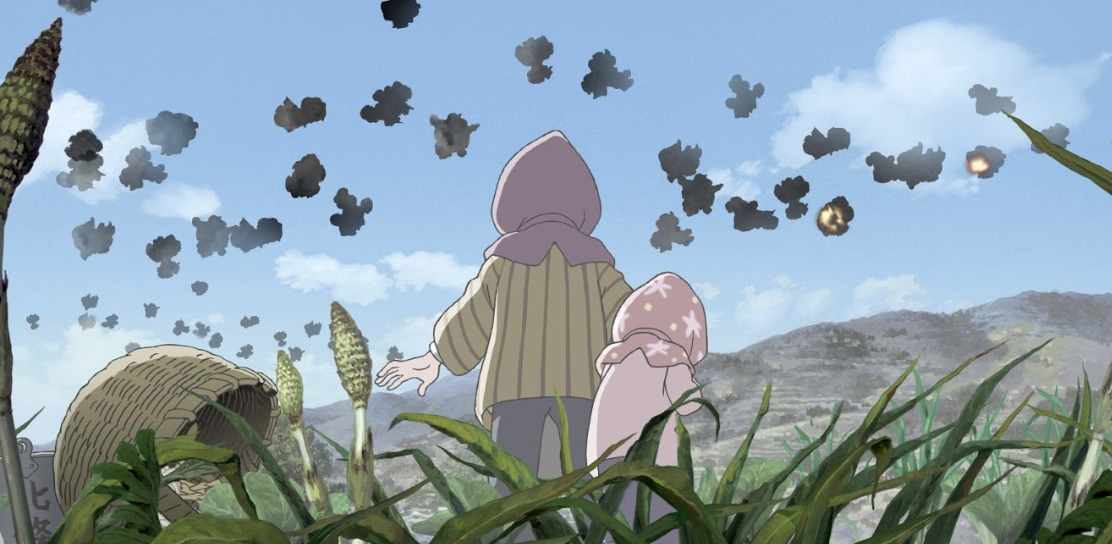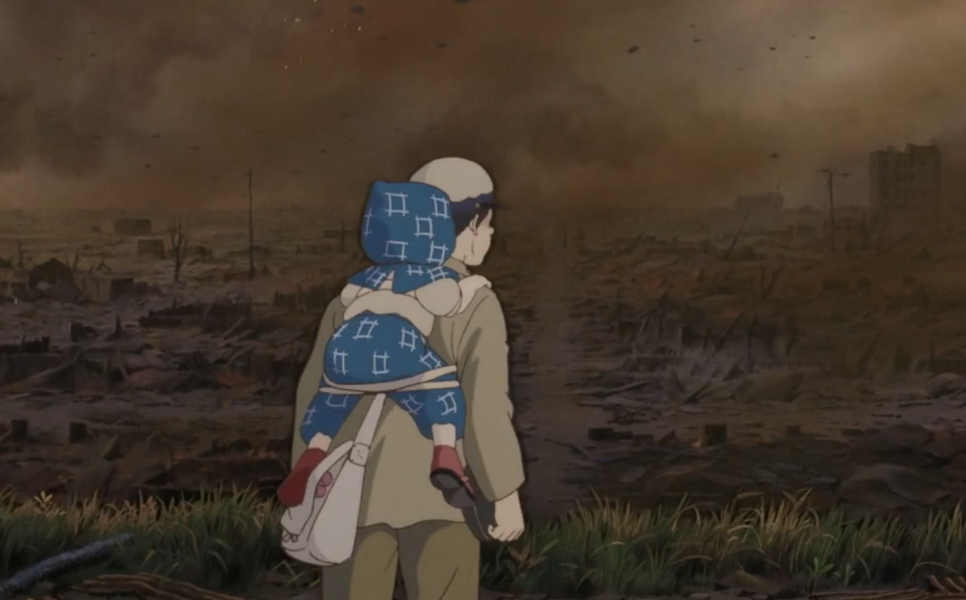Review of the Netflix movie, "In This Corner of The World"Suzu, the main character of In This Corner of The World, is an artistic, kind and supportive woman. Her loving attitude, way of speaking, and beautiful works of art in a watercolor style provide a great contrast to the horrors of war. The violence, massacre, and reckless greed of war committed by the nation of Japan seem to be briefly diluted by the peaceful daily life of the main character, Suzu. Although she is at war, her protagonist Suzu, who is optimistic, loves to draw, and is able to maintain loving relationships with those around her, tries to overcome the war with her incredible survival skills. This kind of exertion reminds me of a story from ‘Life Is Beautiful’ where a father struggles to not destroy his son’s innocence inside the Nazi’s Auschwitz concentration camp. Up to this point, it feels like a human documentary about overcoming war or hardship. Suzu's brother died and returned to ashes, and more and more individuals became victims of the country's wars. Eventually, Suzu lost one of her arms and her family members one after another. Everything she has is gone, leaving only ruins. Suzu's normal daily life, where she loves the warm sky and the sea, and drawing, and even though she has nothing to eat, she puffs up some side dishes and serves them as a table, the happy times when her family gets together. All turn into ashes. The movie, which was like a beautiful watercolor painting, turns into a black ruin. It makes us increasingly think again about what is war. I was impressed by the Taegeukgi(The national flag of the Republic of Korea) in the last scene. From a Korean perspective, I don't want to interpret this movie simply as looking at the war from various angles with generosity. I think this kind of interpretation can be made only by people who are not involved. People who experienced the war would probably have clear general standards like common sense. This is reminiscent of the clouds of Aristophanes, a Greek playwright and philosopher. The Sophist philosophy of relativism, which is mentioned in the clouds, is "a position that rejects the existence of an absolute universal truth that transcends time and space, and that specific situations or mutual relationships determine the truth, wrongness, or value of everything," that is, standards and the argument is that truth, goodness, goodness, and beauty can vary depending on the context. Aristophanes satirized this kind of world by saying that it is a life that survives by changing its shape like a cloud. Likewise, some values and truths remain unchanged even if they transcend time just as the Nazi regime cannot be glorified in any way. While watching this movie, I wondered if they are falling into excessive relativism and even if the war is being glorified. I was concerned that this was the distortion from oblivion and that they might be taking advantage of it. But in the last scene, I could let go of these worries. Taegeukgi appears in the last scene. The director revealed the intention of this flag through an interview. In the end, Japan is the main culprit in the colonization of East Asia, and ultimately, not the government but any Japanese person can escape responsibility for it. After realizing that she had been eating rice plundered from Korea and China, even though she did not directly participate in the war, she couldn't help crying that she was also a part of the violence. She is sad and angry that her thoughts and feelings have become involved in the war. Whether we win or lose in a war, those who are harmed are the people, and, by extension, their descendants and humanity. So, in the latter half of the work, harmless individuals are left to be put in a situation where they cannot be excused by themselves, even though they did not commit it, so they can no longer become harmless people. Later, Suzu weeps over this realization. Suzu was Japanese, she could not be a perfect victim. So, the work reveals that it is not intended to depict Suzu simply as a victim. Even though Suzu was not wealthy during the war, she must also acknowledge that the rice and beans she ate came from Joseon, which Japan exploited, and that the country she believed in maintained the faith of its people by sacrificing other countries through violence. Ultimately, Suzu realizes that his country's great deeds are nothing more than violence. War ruins everything. This does not only mean visible buildings, life, and resources. War destroys the humanity that allows humans to exist as humans. This movie focuses on that. In other words, no matter how pure and angelic Suzu is and a beautiful woman who loves paintings, she must cry out as she suffers without cause just because she is Japanese and a citizen of a war criminal country. From this perspective, we can see that no individual or country should ever start a war. After watching the movie, I only thought that war should never happen again. There must be no war for any reason. I, too, cried in the scene where a girl born in a country at war loses her family to an atomic bomb, causes an innocent child to die due to a momentary mistake, and suffers injuries that may take away her from being able to draw her drawing. In short, I would like to say that this movie is a work that depicts the cruelty of war, which tramples on humanity and has no winners or losers.
0 Comments
Leave a Reply. |
Myungja Anna KohArtist Categories
All
Archives
July 2024
|
Proudly powered by Weebly




 RSS Feed
RSS Feed